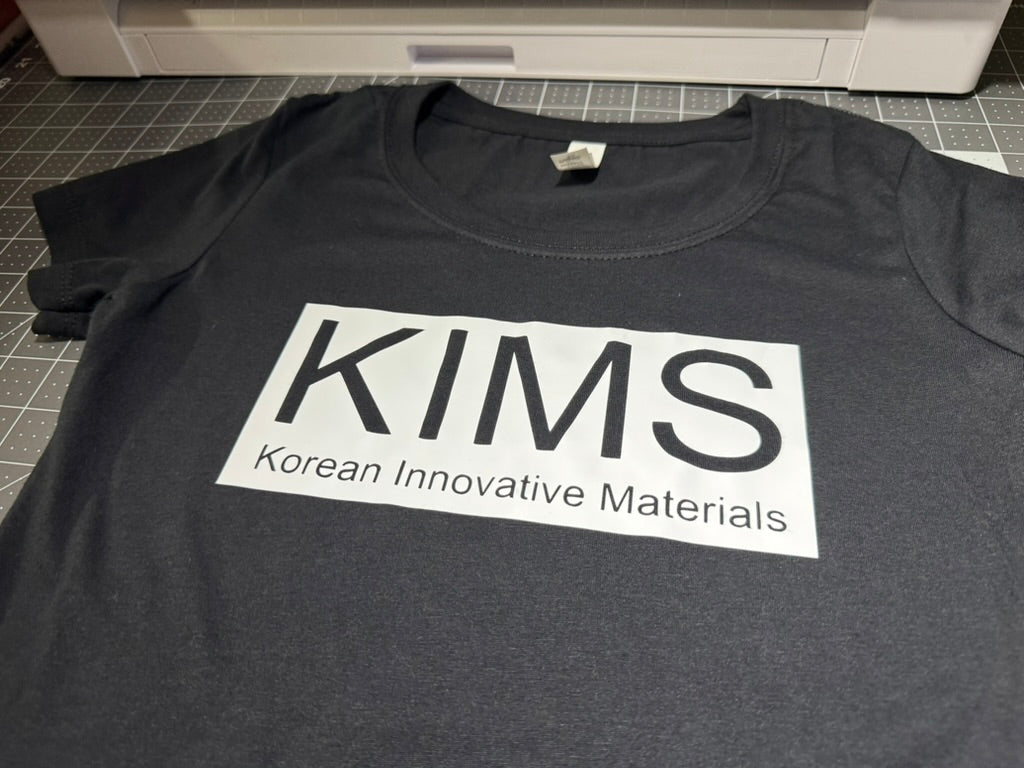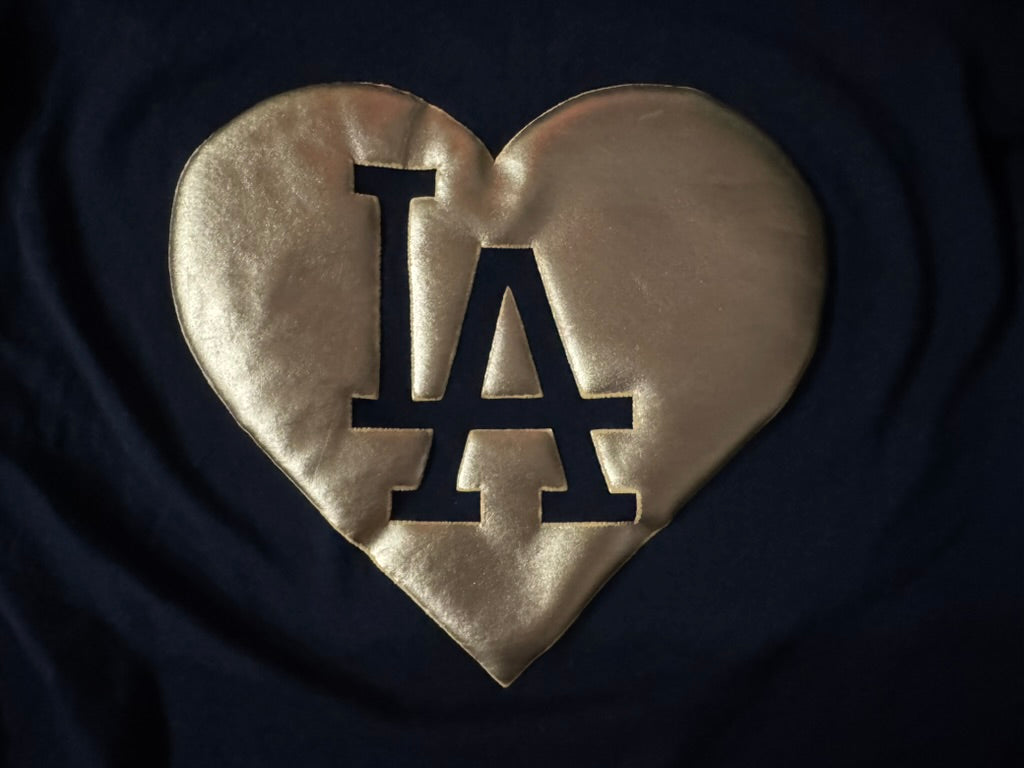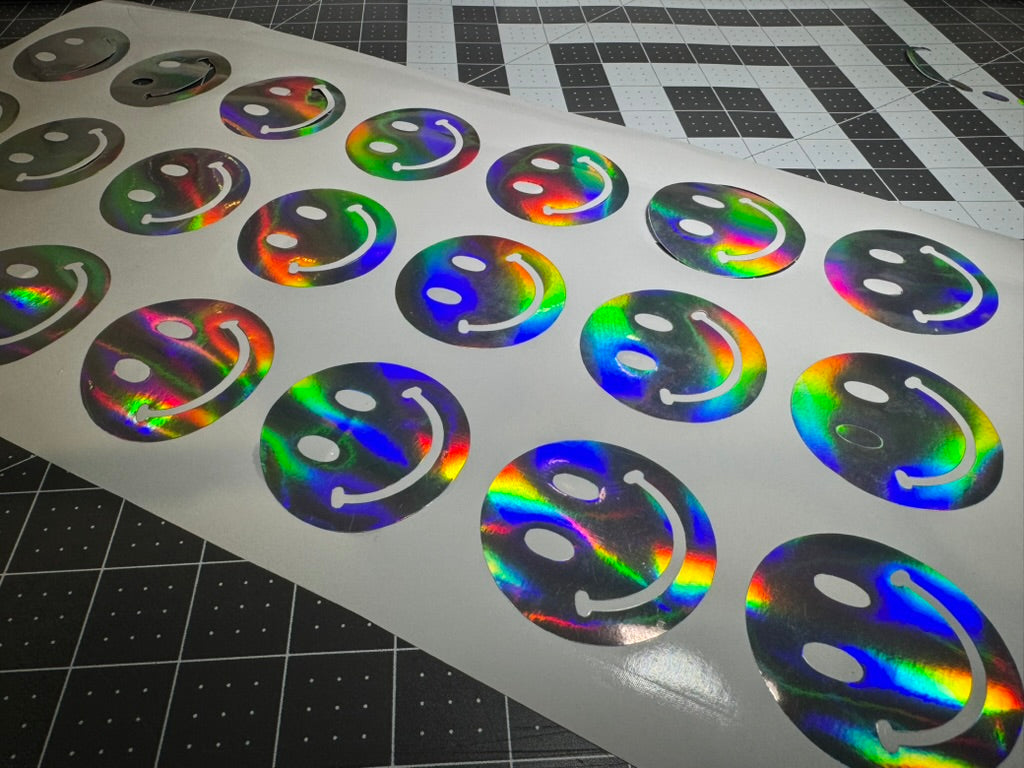Selling custom vinyl stickers and t-shirts online involves more than creativity and marketing. It also includes following important legal rules that define what designs you can use and sell.
Many creators begin by using artwork found online or by customizing popular logos and characters. Without proper permission, this can lead to legal issues. Understanding how laws apply to the images and designs you use is a key part of staying compliant.
This guide explains the legal basics for online sellers of custom vinyl products. Each section focuses on a specific area of law to help you understand what applies to your business.
Understanding Intellectual Property For Stickers And T-Shirts
Intellectual property (IP) refers to creations of the mind—such as designs, logos, and artwork—that are legally protected. In the custom apparel business and handcrafted stickers industry, understanding IP helps avoid copyright infringement and trademark violations.
Copyright protects original artwork and designs automatically upon creation. For example, your hand-drawn sticker art is protected, but copying a famous cartoon character is not allowed without permission.
Trademark protects brand names, logos, and slogans that distinguish products. For instance, using the Nike swoosh or Disney characters on t-shirts without authorization is a trademark violation.
Patent is less relevant but can apply to unique manufacturing processes or inventions.
If you create original designs, you own the copyright. If you use someone else's protected work, you risk legal consequences.
Key Legal Consequences Of Copyright Infringement
Violating copyright laws for stickers or t-shirts can result in serious legal and financial consequences:
-
Statutory damages up to $150,000 per willful infringement
-
Payment of the copyright holder's legal fees
-
Cease and desist notices requiring you to stop selling infringing products
-
Removal of your listings or suspension of your seller account on platforms like Etsy, Amazon, or Shopify
-
Permanent bans from online marketplaces
Always ensure your designs are original or properly licensed to avoid these risks.
Avoiding Trademark Violations In Custom Apparel And Stickers
1. Identify Protected Marks
Trademarks are legally protected words, phrases, symbols, or designs that identify products or services. To avoid problems:
-
Research trademarks using the USPTO database and similar resources
-
Understand that protected elements include logos, slogans, and brand names (e.g., "Star Wars," "Nike," "Just Do It")
-
Focus on trademark classes related to clothing (Class 25) and printed matter (Class 16) for apparel and stickers
2. Know The Limits Of Descriptive Use
Sometimes you can reference a trademark without permission, but only in specific ways:
-
Nominative fair use allows you to reference a brand name only when necessary (e.g., "Fits iPhone cases")
-
You cannot imply endorsement or affiliation (e.g., "Official Harry Potter T-Shirt" is not allowed)
-
Acceptable: "Compatible with Apple devices." Unacceptable: Using Apple's logo or branding on your product
3. Secure Permissions Or Licenses Where Needed
For popular characters, sports teams, or brand imagery:
-
Contact rights holders directly to request licensing
-
Be prepared to pay fees that vary based on usage scope
-
Provide details about your business and intended use during negotiations
Fair Use And Public Domain Overview
Fair use allows limited use of copyrighted material without permission, but it's a complex legal doctrine. Courts consider:
-
Purpose and character of use (commercial vs. educational)
-
Nature of the copyrighted work
-
Amount and substantiality used
-
Effect on the market value of the original
Public domain works are free to use—these include expired copyrights or works explicitly released by the creator.
|
Protected Works (Need Permission) |
Public Domain (Free to Use) |
|---|---|
|
Modern movie characters |
Classic art (e.g., Mona Lisa) |
|
Recent logos and slogans |
U.S. government works |
|
Popular music lyrics |
Works published before 1929 (as of 2024) |
How To Source Images And Designs Legally
1. Royalty-Free Platforms
Royalty-free platforms offer images that can be used commercially after a one-time payment:
-
Use reputable sources like Adobe Stock, Shutterstock, and Creative Market
-
"Royalty-free" means you pay once for ongoing use, but restrictions may apply
-
Always check the license terms—"free to use" images may still have limitations
2. Original Artwork Or Commissioned Work
Creating your own designs or hiring artists gives you more control:
-
Create your own designs for complete ownership
-
Use work-for-hire agreements to ensure you own the final artwork
-
Include clear terms about ownership, usage rights, and payment in contracts
3. Creative Commons Options
Creative Commons licenses vary in what they allow:
-
CC licenses range from "CC0" (public domain) to "CC BY-NC" (non-commercial only)
-
Always check for commercial use permissions and attribution requirements
-
Find CC-licensed content on sites like Unsplash, Pixabay, and Wikimedia Commons
Must-Know Business And Tax Basics For Online Sellers
1. Registering Your Business
Choosing the right business structure affects your legal protection:
-
Sole proprietorship: Simple to set up but offers no personal liability protection
-
LLC (Limited Liability Company): Creates separation between personal and business assets
-
Register your business name and obtain required permits or licenses for selling custom merchandise online
2. Collecting Sales Tax
Understanding sales tax obligations is essential for online sellers:
-
Economic nexus laws require collecting sales tax in states where you have significant sales
-
Use tools or consult state websites to determine where you must collect and remit tax
-
Marketplace facilitator laws may require platforms like Etsy or Amazon to collect sales tax on your behalf
3. Maintaining Proper Records
Good record-keeping practices protect your business:
-
Keep detailed records of sales, expenses, and inventory
-
Maintain invoices, transaction documentation, and proof of design ownership
-
Save all receipts and invoices
-
Document all design sources and permissions
-
Keep copies of contracts and licenses
-
Track sales by state for tax purposes
Labeling And Product Safety For T-Shirts And Stickers
1. Apparel Labeling Requirements
T-shirts sold in the United States must include specific information:
-
Federal law requires labels for fabric content, care instructions, and country of origin
-
Labels must be durable and placed in a visible location (e.g., inside collar)
-
Children's apparel has stricter requirements, including tracking labels and safety standards
2. Sticker Material Safety
Safety considerations for sticker products include:
-
Use non-toxic, child-safe vinyl for stickers, especially if intended for kids or food contact
-
Some products may require certifications (e.g., CPSIA for children's products)
-
Disclose any potentially harmful materials in your product descriptions
Practical Steps To Avoid Copyright And Trademark Issues
1. Research Before Using Any Design
Before creating products, verify the legal status of your designs:
-
Search the USPTO and copyright databases before using any design or phrase
-
Use Google Reverse Image Search to check for existing uses
-
Resources: USPTO.gov, Copyright.gov, and trademark search tools
2. Keep Documentation And Permissions
Organize records for each design you use:
-
Maintain records including source, date created, and permissions/licenses
-
Store copies of all correspondence with rights holders
-
Example permission request letter:
Dear [Rights Holder],
I am interested in licensing [specific design/character] for use on custom t-shirts and stickers. Please let me know your requirements and terms for commercial use.
Sincerely,
[Your Name/Business]
3. Consult With Legal Experts
When in doubt, seek professional guidance:
-
Speak with attorneys specializing in intellectual property for small businesses
-
Look for affordable resources: Volunteer Lawyers for the Arts, LegalZoom, and local small business development centers
-
Get help if you receive a legal notice or are unsure about a design's status
Moving Forward With Confidence
Staying compliant with copyright laws for stickers, trademark protection, and fair use is essential for your custom apparel business. By sourcing images legally, maintaining proper records, and understanding legal consequences, you can build a sustainable business and avoid costly mistakes.
To simplify your inventory management and ensure professional-grade results that help your original designs shine, consider premium heat transfer vinyl and sticker vinyl from KIMS Direct.
Frequently Asked Questions About Selling Custom Vinyl Stickers And T-Shirts
Do I need business insurance for my custom apparel and sticker business?
Yes, general liability insurance is highly recommended for custom merchandise businesses to protect against product liability claims and potential intellectual property disputes.
How can I legally sell custom merchandise internationally?
Research import regulations, labeling requirements, and intellectual property laws for each target country, as copyright and trademark protections vary globally and may require additional permissions or modifications to your products.
What legal documents should I have in place when working with design collaborators?
Always use written agreements that clearly establish ownership of the final designs, specify usage rights, and include provisions for how disputes will be handled if ownership claims arise later.







